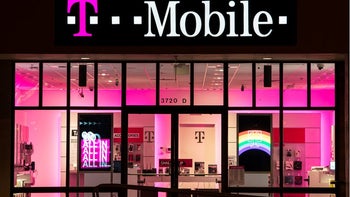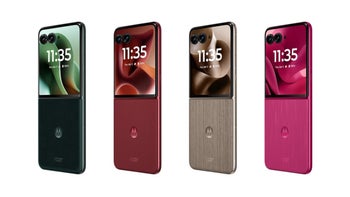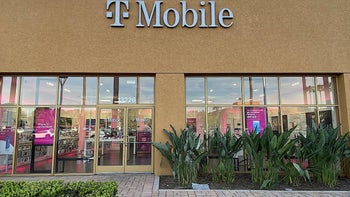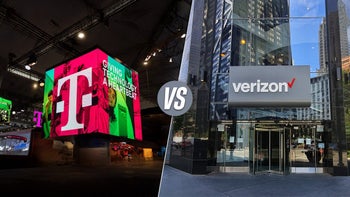Boost, MetroPCS, and Virgin will all survive the T-Mobile-Sprint merger

Although analysts are saying that regulatory approval for the T-Mobile and Sprint merger is now much more likely, the two companies still have a long way to go before the approval is officially granted. And today, in response to the FCC’s latest questions, T-Mobile made one pretty big promise.
Following concerns surrounding the future of the multiple prepaid brands that belong to both T-Mobile and Sprint, executives of the former promised that no prepaid companies would be eliminated once the deal is complete. This means that MetroPCS, Boost, and Virgin will all continue to exist. Additionally, suggesting that no mergers would happen between them either, it was stated that each brand caters towards a different type of customer.
On a related topic, T-Mobile has also reassured the FCC that the New T-Mobile will continue to encourage MVNOs to use its newly-expanded network, even as the switch over to 5G commences, by offering them attractive deals. This comes shortly after multiple companies spoke out against the merger including Dish Network, C Spire, and Altice – the latter is a cable company that planned on launching an MVNO using Sprint's network. Aside from the focus on wireless service, T-Mobile executives also expect the merger to allow the combined company to offer much cheaper in-home broadband packages in over half of the US, something that will open up the service to many users for the first time.
Following concerns surrounding the future of the multiple prepaid brands that belong to both T-Mobile and Sprint, executives of the former promised that no prepaid companies would be eliminated once the deal is complete. This means that MetroPCS, Boost, and Virgin will all continue to exist. Additionally, suggesting that no mergers would happen between them either, it was stated that each brand caters towards a different type of customer.
Ultimately, despite fears of price hikes, the promises from T-Mobile and Sprint are pointing towards a completely opposite scenario that looks set to create even more competition in the wireless sector, something that will only benefit US consumers.
source: Fierce Wireless









Things that are NOT allowed: